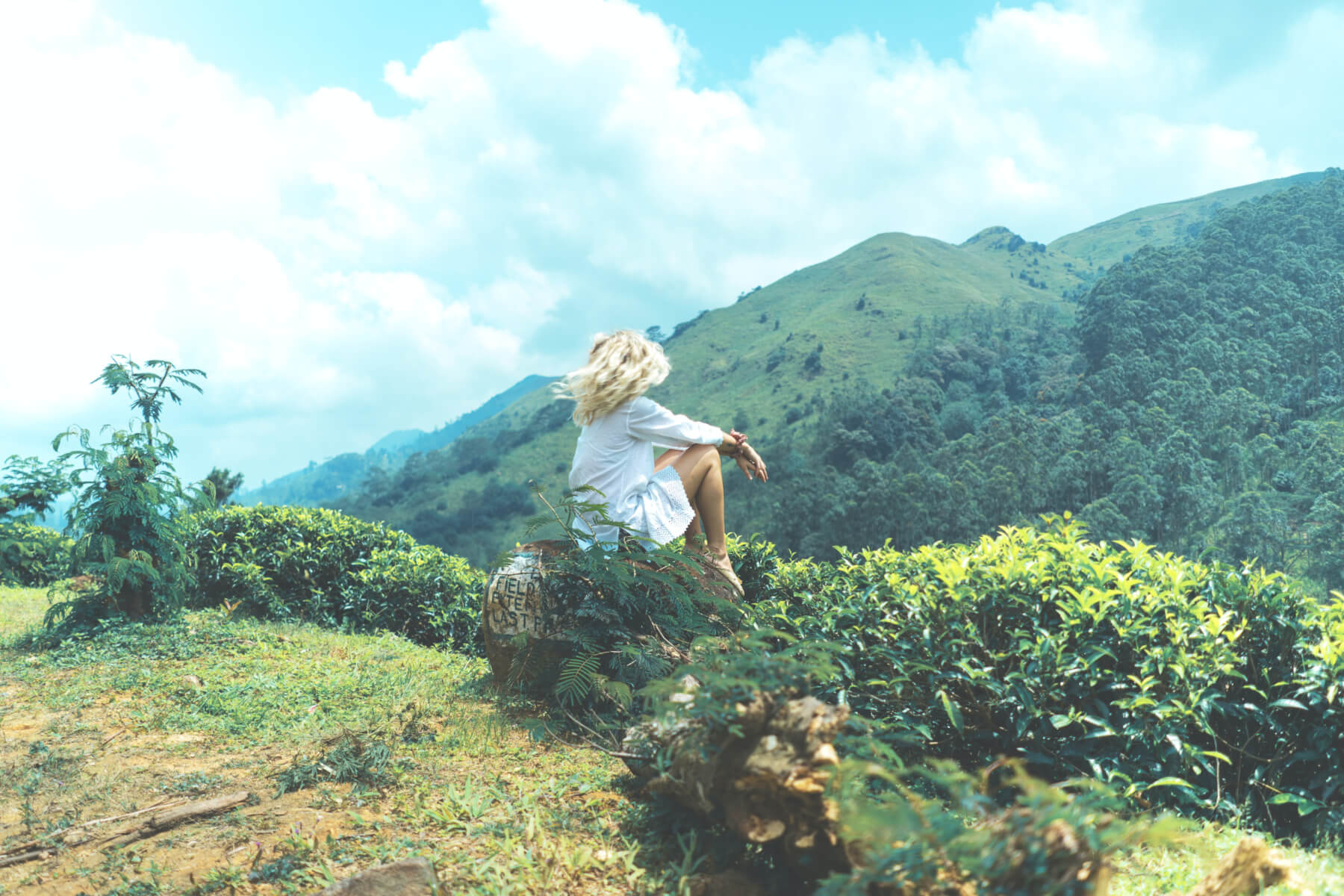Offering beaches where you can both swim and surf, spiritual places that you can meditate for hours, wildlife encounters that you wouldn’t want to end, cozy hill country panoramas that you can keep looking at, Sri Lanka is much more than just an island country. Planning a trip to Sri Lanka’s diverse landscape may seem complicated, but with some advice from our friendly travel experts, it can be very simple.
Here is a brief travel guide on how to plan a trip to Sri Lanka, including when to travel, places to visit, where to stay, and places to eat. In this article, we will also discuss in detail some Sri Lankan laws and customs, and religious beliefs in Sri Lanka.
Tips on how to plan a trip to Sri Lanka
When to travel?
Sri Lanka is affected by two monsoon seasons, the stronger one being the north-east monsoon which goes on from October – December. The other is the southwest monsoon, affecting the south-west coast from May-July. The good news is that during the northeast monsoon, the south-west coast is clear for travel, and during the southwest monsoon, the north-east coast is a great place to be. Also, being a tropical country, it is highly unlikely that there will be days of continuous rain throughout the island. Rain usually lasts for a few hours and the rest of the day is an enjoyable one.
Popular Places to visit
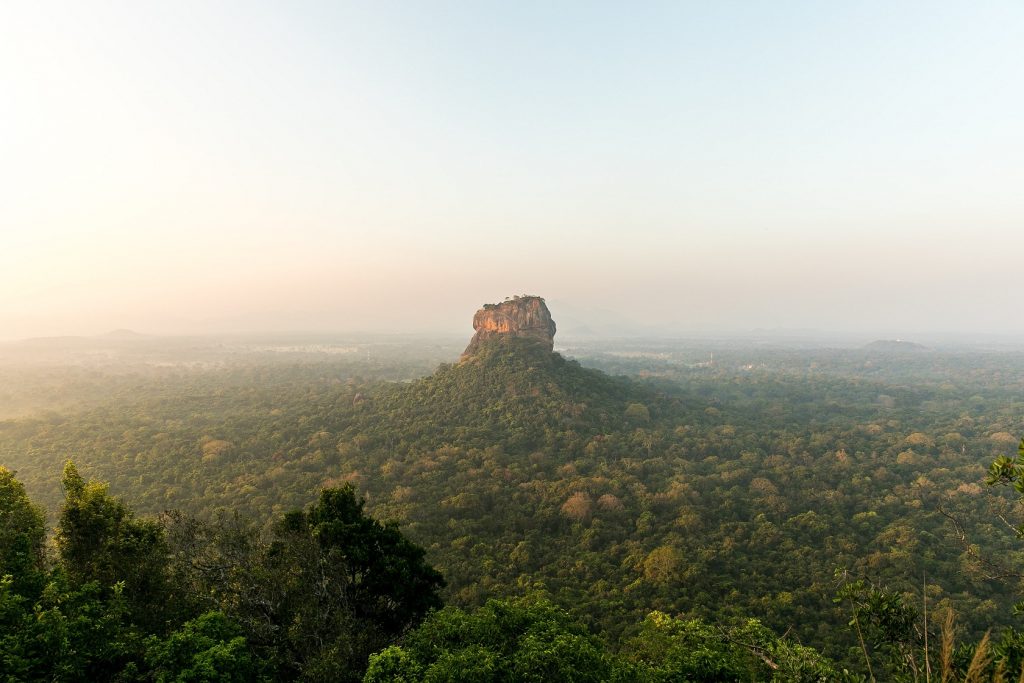
Sri Lanka is home to eight UNESCO World Heritage Sites, namely – Kandy, Galle Fort, Anuradhapura, Polonnaruwa, Sigiriya, Dambulla Cave Temples, Sinhara Rain Forest Reserve, and the Central Highlands of Sri Lanka. In addition to these, wildlife attractions include Yala National Park and others such as those in Udawalawe, Minneriya, and Wilpattu. Tourists also like to visit Nuwara Eliya, Ella, and Haputale, to get a feel of Sri Lanka’s luscious tea plantations. Train travel from Kandy to Ella is the best way to study the beauty of Sri Lanka’s hills. Apart from that, we also have the exotic beaches such as Kalpitiya, Negombo, Bentota, Galle, and Mirissa on the western and southern coast, while the Trincomalee, Passikudah and Arugam Bay beaches are popular on the east coast.
Where to Stay
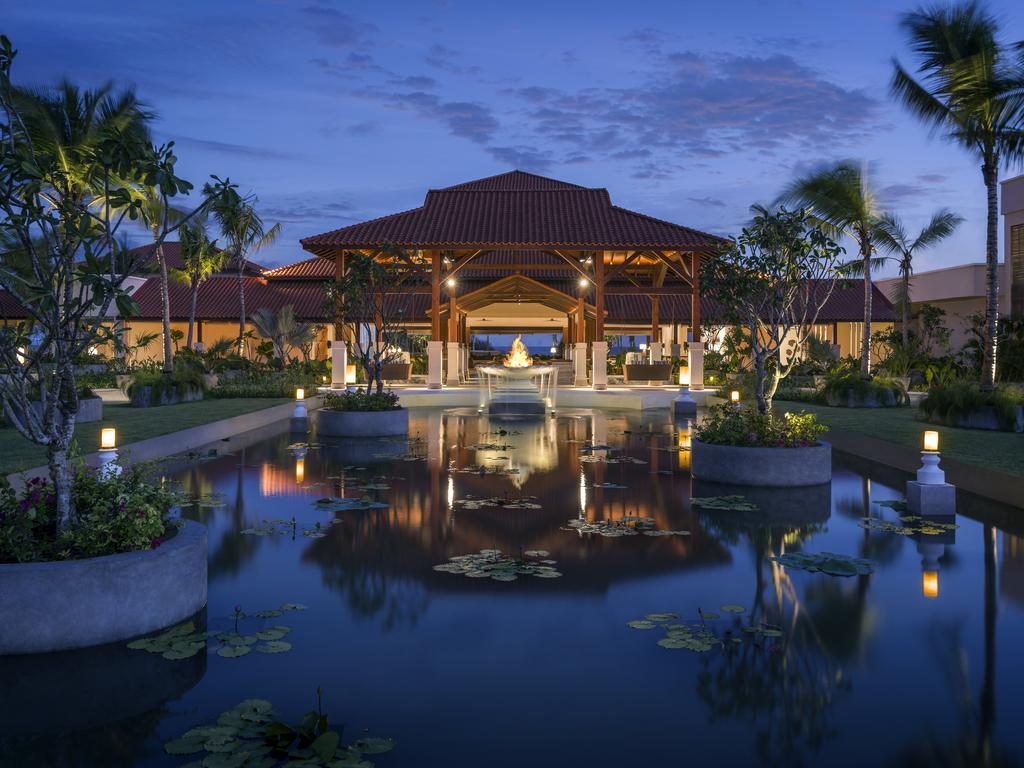
With tourism being one of the biggest industries in Sri Lanka, we cater to all kinds of budgeted travelers. Beginning with motels and three-star hotels, all the way to five-star, and boutique hotels, with recent additions of international hotel chains such as Shangri La, Movenpick, Riu, and Marriott. Accommodation options are equally scattered in all parts of this beautiful country.
Places to eat
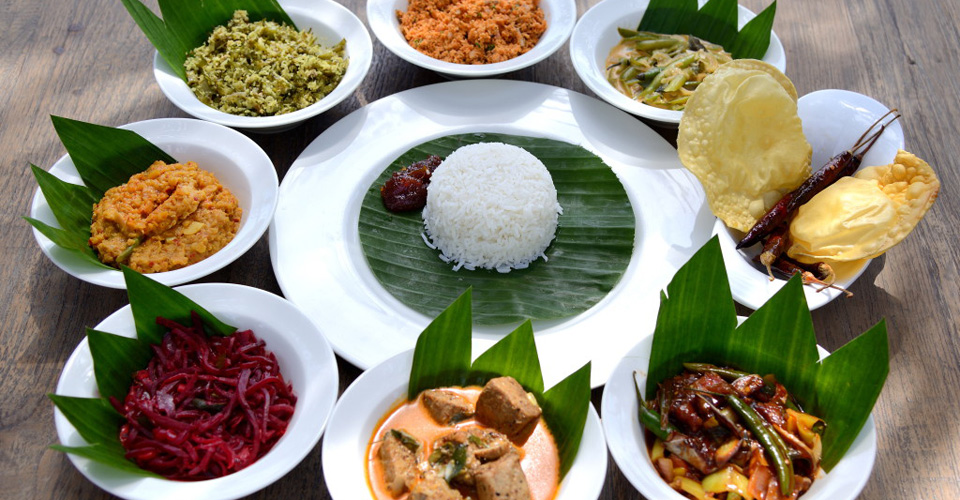
Roadside restaurants, also known as street food, offers authentic tastes in Sri Lankan cuisine. Then there are also the more upmarket fine dining restaurants that offer high-quality versions of Sri Lankan and other international cuisines. You should also try the bakeries for what locals refer to as ‘short eats’ – rolls, pastries, buns, eclairs, cakes, doughnuts, and other snack-like items.
Sri Lankan Laws and Customs
The laws in Sri Lanka are a combination of English, Victorian and the Dutch eras combined together producing regulations that may seem more like customs. Both laws and customs can be enforced by the police. Local laws, in most cases, do not apply to tourists, unless the laws are concerning the safety of the Sri Lankan community.
General laws concerning tourists
- Tourists require a passport that is valid for longer than six months, and an Electronic Travel Authorization (ETA) or a visa to visit Sri Lanka.
- If you want to rent a car for self-drive in Sri Lanka, tourists require a special license from your home country and a valid International Driving Permit which has Sri Lanka listed as one of the valid countries.
- There are no restrictions on tourists using public transport such as buses, trains, and tuk tuks, as long as you pay for the services.
- The Sri Lankan Rupee is a closed currency, making it illegal to have more than 5000 LKR outside Sri Lanka. It is best to convert your remaining currency before you leave the country.
- As long as the Sri Lankan government has confirmed that it is safe to travel, any tour operator will provide you with travel insurance when you plan a trip to Sri Lanka.
- Drugs are illegal – cops are always patrolling and searching vehicles for drugs. If found with opioids, heroin, cocaine, or marijuana, you could be sentenced to life in jail.
- Homosexuality is illegal – according to an old Victorian law, same-sex relations are prohibited. If you are traveling as a same-sex couple, locals will just think you are friends or siblings, and best is to follow their lead and not make it prominent in public that you are a couple.
- Nudity and indecent exposure is a grave offense – this makes topless sunbathing for women a prohibited act.
- Dress conservatively when entering a religious site. Do not wear skin revealing clothes; cover your legs and shoulders, and take off shoes and hats.
- Women are not allowed to purchase alcohol from liquor stores or work in bars and restaurants where alcohol is served. You can however order a drink when at a hotel or restaurant.
- Foreigners are not allowed to work in Sri Lanka on a tourist visa. For a foreigner to invest in Sri Lanka, a local partner must be associated with the investment.
- Selective abortions are illegal unless it is done to save the mother’s life. As a tourist, if you come to know you are pregnant during your holiday in Sri Lanka, and if you do not want to keep the baby, getting it aborted is not an option in Sri Lanka.
- Tourists must carry an official form of identification at all times – most often your passport.
- Mistreating Buddhist images and artifacts at tourist attractions or anywhere in the country is a serious offense. Tourists have been held back if spotted with visible tattoos of Buddha.
- Do not take photographs of government buildings, military bases, and VIP vehicles.
- Ignoring instructions to not smoke and drink in public areas can result in a fine.
- On the Poya day of every month, meat and alcohol are not available for sale anywhere on the island.
Photography in religious places
While the majority of Sri Lankans are Buddhists, there are certain customs for respectfully entering a Buddhist temple. Do not enter with shoes, dress conservatively, do not point feet at Buddha figures, don’t get too close to monks, and don’t touch them either.
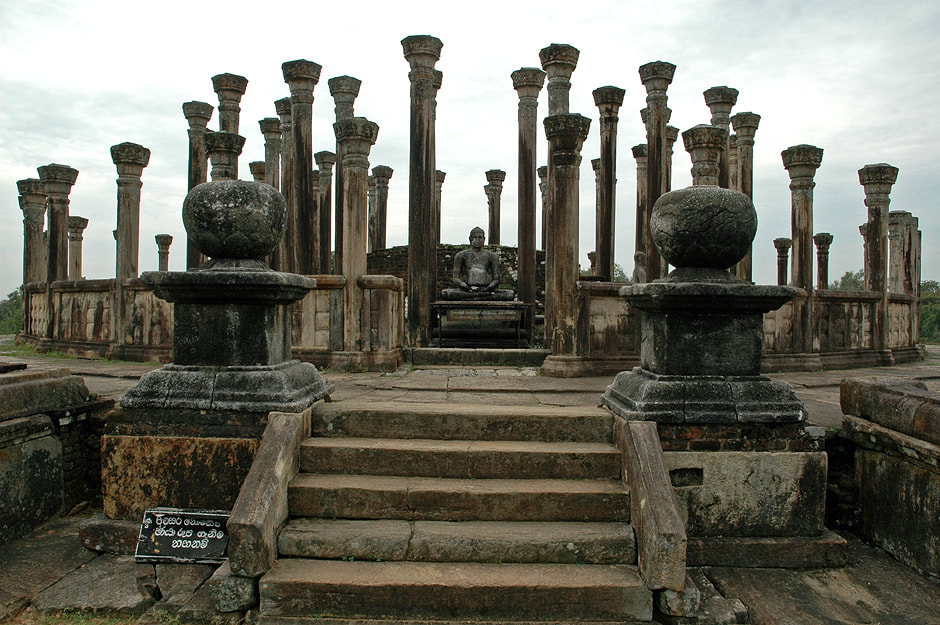
There is one important and strictly observed law/custom that you can get in real trouble if you disobey. Do not take photographs inside Buddhist Temples that do not allow it. Some temples visited very often by tourists such as the Gangaramaya in Colombo allow photography but these have to be respectful. For example, funny faces in front of Buddha figures, poses of trying to kiss Buddha, are considered disrespectful and can even get you arrested.
Religious freedom
The people of Sri Lanka have the freedom to practice their own religion. Although the majority of religion is Buddhism, there are several Hindu, Muslim, and Christian communities across the country. The government continuously encourages religious freedom and takes strict measures to suppress any violence between religious groups. For tourists planning a trip to Sri Lanka, this is important because you don’t have to be concerned about whether or not the country will accept the religion that you come from. Also, do not be colonial or violent about other religions and their beliefs as doing so means you are disobeying the Laws of Religious Freedom.

